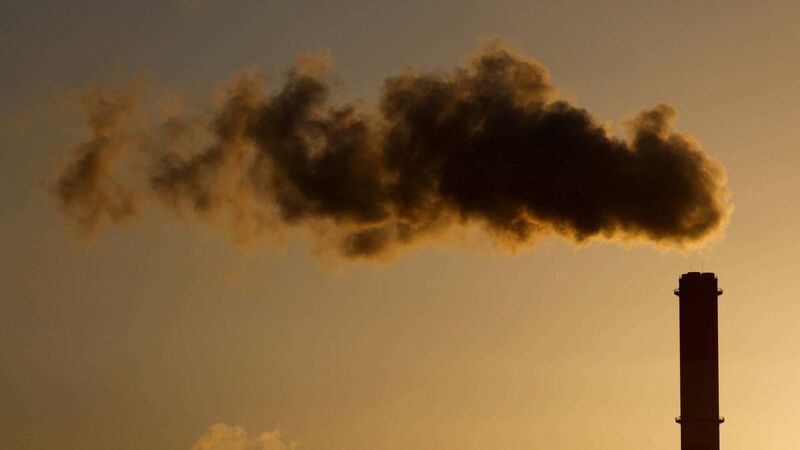Talks to cut back on global coal for climate change snarled by Ukraine war

Developed countries are adamant that money can only flow if recipient governments come up with detailed economy-wide plans to end the use of coal.
As they prepare for the next round of global climate talks in November, officials from rich countries are trying to pull together a series of multibillion-dollar packages to help poor countries phase out coal.
But negotiations have been snarled by national politics and Russia’s war in Ukraine, which has made the dirtiest fossil fuel a lucrative commodity to mine and export, according to people familiar with the talks who asked not to be identified because the discussions are private.
CLIMATE & SUSTAINABILITY HUB














